This July, IPAA SA Members had the opportunity to hear from Damien Walker, Chief Executive, Department of the Premier and Cabinet as he joined us for An Hour in the Room. The word that resonates post-event is CURIOSITY, with the ambition of the public sector being a driving force for future achievement and growth in South Australia.
Every public servant has a role to play in fostering a spirit of innovation, problem-solving and continuous improvement.
So, what are some of the things public sector professionals and leaders can focus on to embrace curiosity?
Valuing continuous learning and development encourages public sector staff at all levels to explore new ideas and grow the capabilities needed to make these a reality. As the world continues to rapidly change, we need to focus on developing leaders who can quickly pivot to emerging areas of staff development and embed the value of learning into organisational culture.
If you lead a team, you can focus on making resources and opportunities for learning available for your team and building a positive team culture around it. For team members, try and take an active role in your development and seek out opportunities that could add to your capabilities (and, by extension, your organisation).
Some tips on building a positive learning culture:
As highlighted by Damien, we should seek to create a safe space for public servants at all levels to experiment with their ideas. He explains that we need to develop leaders to allow their people the opportunity to take risks and experiment. In many circumstances, where cost and risk are manageable, there is a need to remove the red-tape to innovative ideas.
Damien also particularly stresses the need for ‘local innovation’, where we can see new ideas being tried at smaller scales – supporting a wide-scale positive shift over time. As he notes, everyone in the public sector should be an innovator and he seeks to give them a licence to innovate and be curious about what could be done better and differently.
For team leaders, you can focus on understanding the factors behind your risk appetite and that of your organisation and having clarity around their communication. Team members can benefit from learning about risk from the management perspective and honing their communication skills, so that when you have that great idea, you can get the support you need.
‘Good’ innovation does not always mean success, and often we learn the most important lessons through our failures along the way. Damien shares that we need to “shine the light” on examples of innovation done right – where we celebrate success and are open and unafraid to explore and learn from ideas that are ‘less successful’.
The markers of ‘good’ innovation are not always straight-forward; however, the following can collectively help us decide on its effectiveness and value.
If you are a team leader, you can support this by creating psychologically safe spaces and putting systems for reflection and recognition in place. As a team member, you can focus on calling out good ideas, supporting your colleagues and building resilience, to make the most of every challenge and opportunity.
Damien shares that rigid frameworks can inhibit our ability to act on our curiosity and instead highlights a few key considerations that leaders and public sector staff can use to guide their thinking.
Learn more and watch the recording of An Hour in the Room with Damien Walker here.
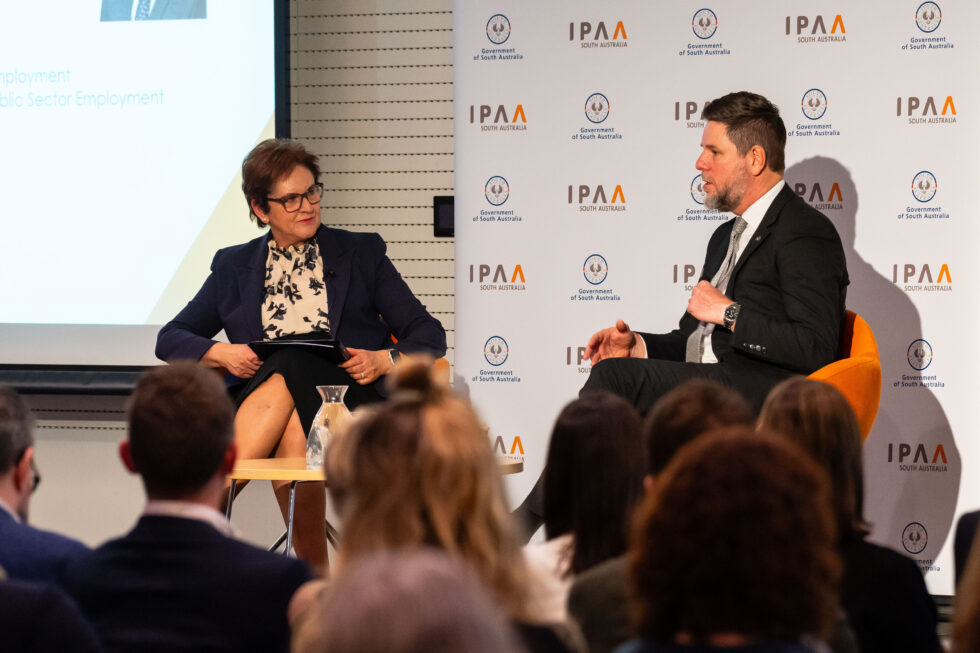
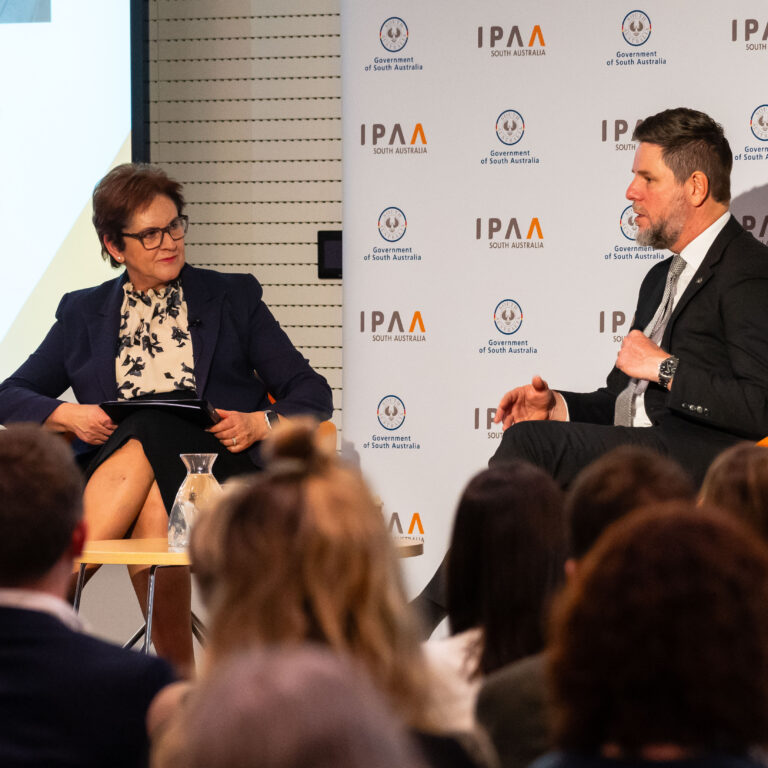
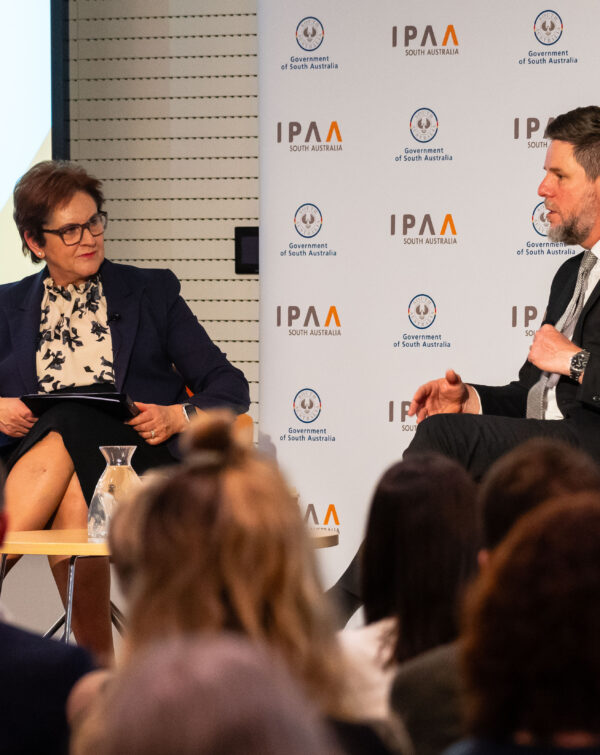
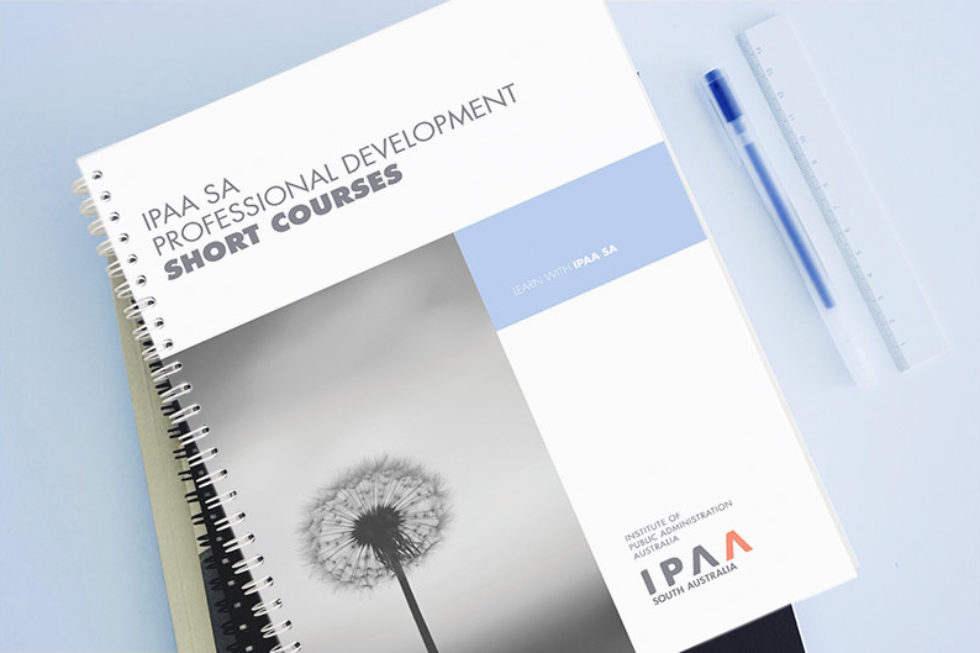
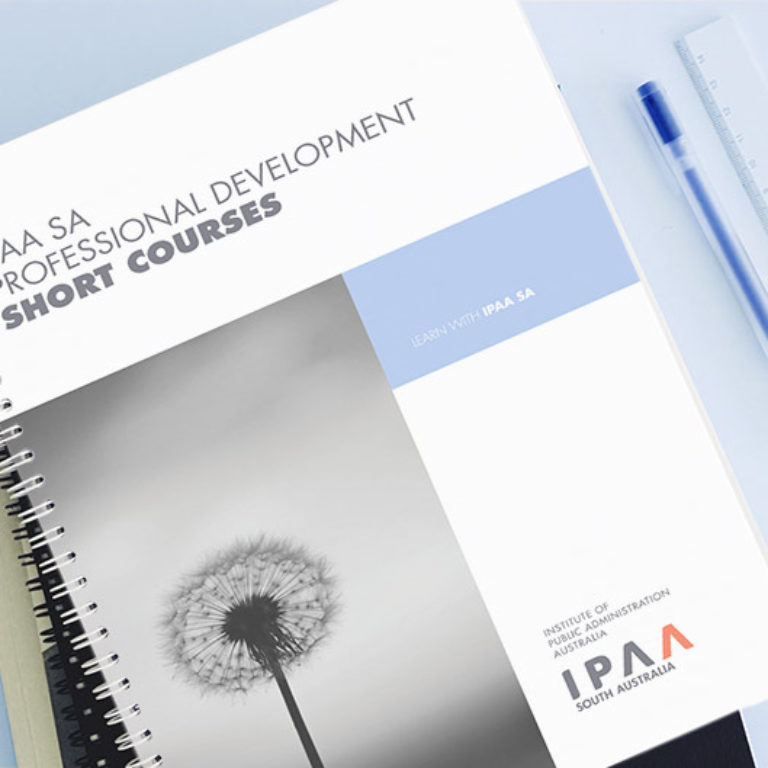
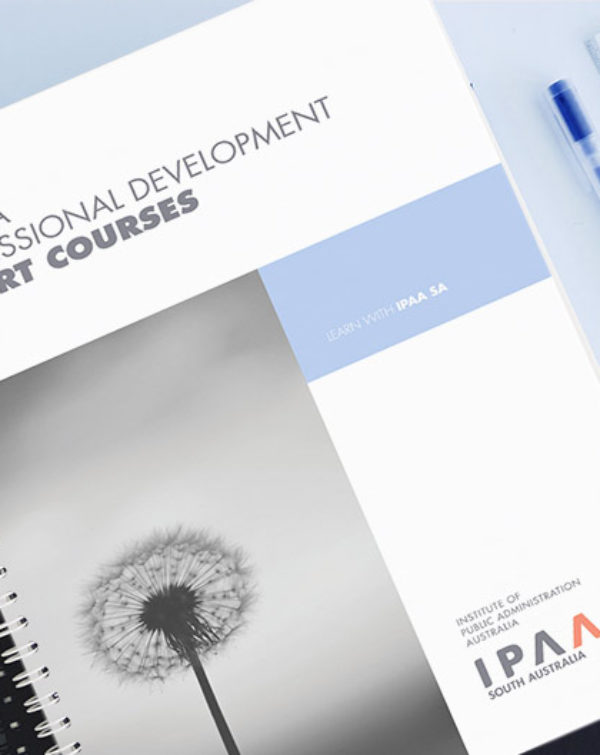
Departments are often under-resourced with Risk/Internal Audit teams being smaller but having a huge responsibility across changing and emerging risks. This session introduces key risk management topics and aligns the teaching with specific risk thoughts within your Department. The session is designed to complement the current risk management practices of the state government and promotes the current risk management team.






“I think this is a great overarching course to give a better idea to public sector employees about the political system. All public sector employees should do it!”
Runa
Department for Health and Wellbeing
“I now have a better understanding of how government works and the value of the work that I do.”
Sorell
Dept for Environment and Water
“I feel far more confident in discussing relevant aspects of government operations with stakeholders engaged with my organisation.”
Lea
Education Standards Board